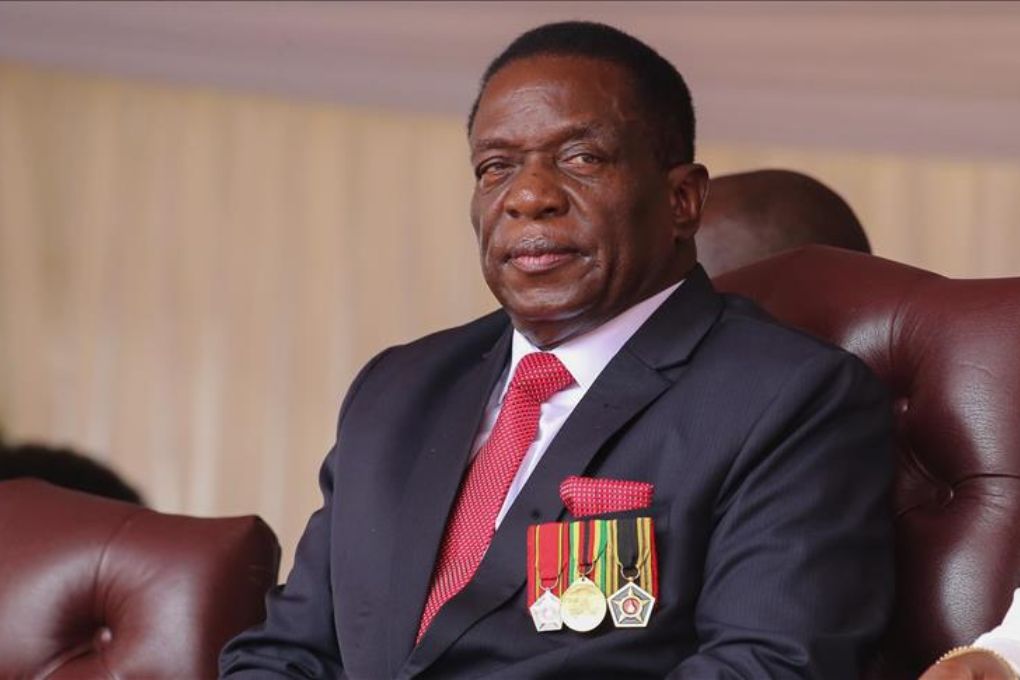NAIROBI, September 20, 2025: Kenya has officially designated the Muslim Brotherhood and Hizb-ur-Tahrir as terror entities under the Prevention of Terrorism Act (Cap. 59B), marking a major step in the country’s counterterrorism efforts.
The declaration, published in Legal Notice No. 157 of the Kenya Gazette Supplement on September 19, 2025, was issued by Interior Cabinet Secretary Kipchumba Murkomen under Section 3(3) of the Act.The order, known as the Prevention of Terrorism (Declaration of Specified Entities) Order, 2025, takes immediate effect and will remain in force until revoked by the Cabinet Secretary or a court.
The notice criminalizes membership, support, fundraising, or propaganda linked to the groups.Section 3(3) of the Act empowers the state to freeze assets, ban meetings, and prosecute anyone who associates with proscribed organisations.
Security agencies also gain authority to investigate suspected cells, seek extended detention of suspects under court supervision, and dismantle financial or logistical networks tied to the entities.
Kenya now joins countries such as Egypt, Saudi Arabia, the UAE, Bahrain, and Russia, which have formally designated the Muslim Brotherhood as a terrorist organisation.
Founded in Egypt in 1928, the Brotherhood is regarded as the ideological fountain head of modern political Islam, with branches across the Middle East and North Africa.
The inclusion of Hizb-ur-Tahrir, an Islamist movement advocating for a global caliphate, signals Kenya’s intent to preempt radical mobilisation at an early stage.
Kenya’s move follows a decade of deadly attacks attributed mainly to al-Shabaab, the Somalia-based al-Qaeda affiliate. The 2013 Westgate Mall siege, the 2015 Garissa University massacre, and the 2019 DusitD2 hotel attack remain painful reminders of the threat.
In response, Kenya has expanded military operations in Somalia, boosted intelligence sharing, strengthened border security, and rolled out deradicalisation programmes — measures credited with reducing urban terror incidents.
By invoking Section 3(3) to outlaw new organisations, the Interior Ministry aims to consolidate these gains and block extremist groups before they can entrench themselves locally.
The Gazette notice makes clear that the declaration carries no expiry date, remaining valid unless overturned by a court.
With the tougher legal framework, security agencies now have broader powers to act decisively, reinforcing Kenya’s position as a frontline state in the global fight against terrorism.












